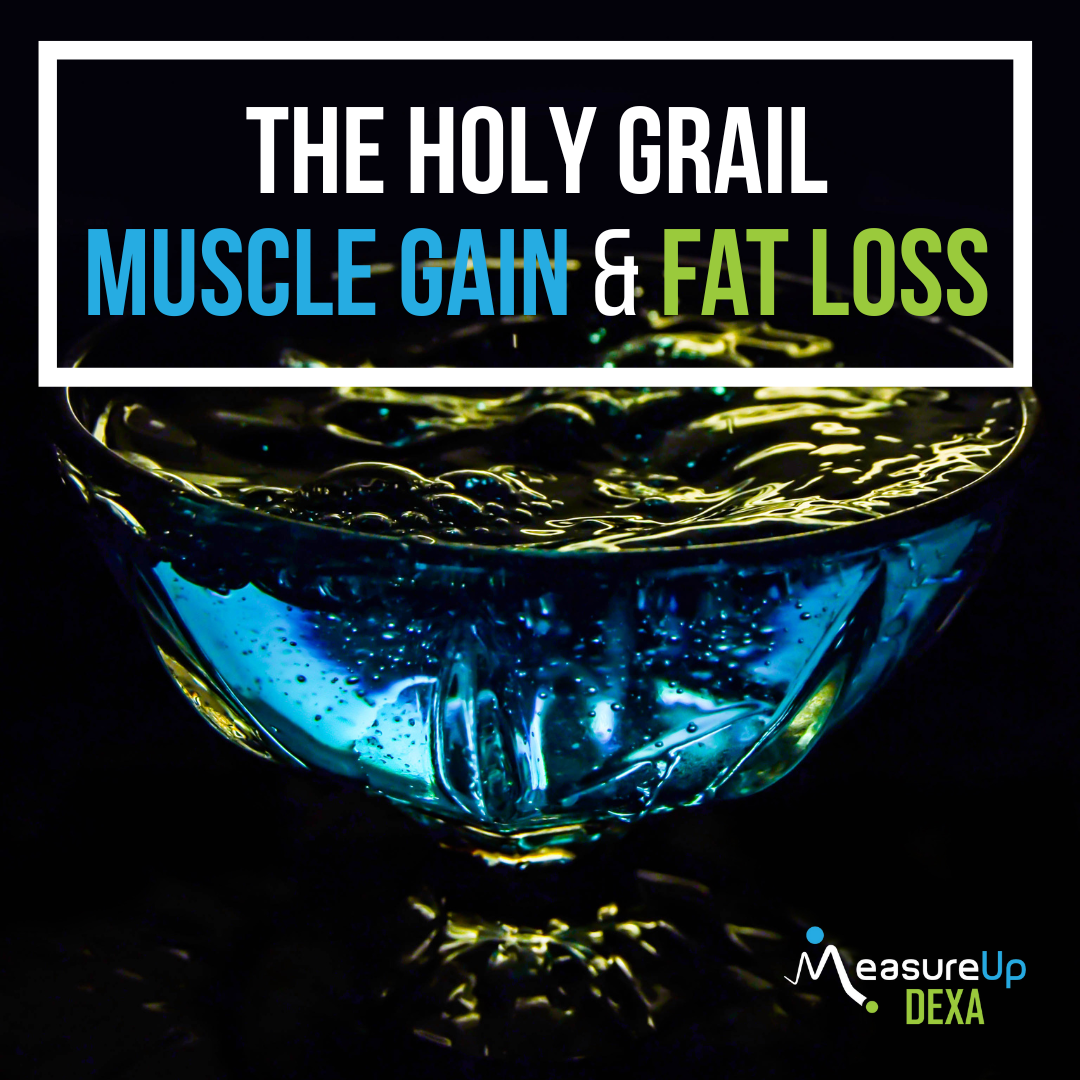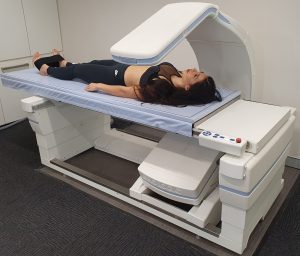The Holy Grail of Fitness!
By far the most common goal people set for themselves, especially at this time of year when there is more daylight and we emerge from one of the coldest and wettest Winter’s we have seen in many years, is to lose fat and gain muscle – what I call the Holy Grail of fitness.
I have posted about this subject previously on our Instagram page but it bears going over again given that more people are emerging from their Covid Cocoons and returning to exercise with an increased focus on their health as they recover from nearly two years of changed eating and exercise habits that have left of lot of us deflated and exhausted, not to mention heavier with decreased fitness!
Losing Unwanted Body Fat
To lose fat we need to consume less energy than we expend in order to force our bodies to tap into our long-term energy stores – body fat.
We achieve this by creating an energy deficit – ideally by 1) increasing energy expenditure through activity and by 2) reducing energy intake by eating less.
Choosing just ONE of the above methods will work, but it’s not the optimal way, and choosing exercise alone has proven to be quite problematic (i.e. unlikely to work!) given the amount of time needed to devote to exercise necessary to burn fat stores – a time commitment which most people simply don’t have.
Ideally, if you want to lose body fat choose a calorie deficit, include resistance training and add additional cardio if you are not already active.
Expect to lose fat in a less than steady manner – your progress will not be linear. Likely you will lose fat mass quickly at first and then progress will plateau as your body mass reduces and your metabolic rate adjusts. A DEXA can help you re-calibrate by assessing your new levels of fat mass and lean mass.
Building Muscle
To build muscle you need to increase your calories. Think of increasing muscle as you would adding an extension on a house. You will need more bricks if you want to increase the size of the house.
Protein is the essential building block but studies have also highlighted the importance of carbohydrate in support of increasing muscle (Escobar et al., 2016).
Building muscle also requires effort in the gym or with some variation of resistance training which applies a sufficiently new stress to your body to promote muscle growth. Your volume, frequency and intensity, not to mention your consistency, all impact on the rate of muscle growth. With so many variables in play predicting gains in muscle is quite difficult.
Including sufficient protein is critical. A whole-body composition DEXA scan will determine your fat free mass which can then be used to calculate an appropriate amount of protein to support your muscle gains
The Guidelines
Generally speaking, it is not possible to gain muscle and lose fat at the same time. Having said that we have observe such “re-composition’’, but it is accepted that there are certain conditions: that you are either completely or relatively new to resistance training while in a calorie deficit.
Muscle growth has been observed in those undertaking a calorie deficit or fat loss diet, but growth in muscle mass under these conditions is not optimal.
If you are an experience lifter it is less likely you will see muscle gains while you are cutting calories below maintenance levels.
My recommendations is to choose your main outcome: fat loss or muscle gain, and set your calories to support that principal goal.
It is essential to include sufficient protein and resistance training in the program to help “preserve” muscle. If you experience any gains then that is a bonus.
So, when selecting your goal, be aware that gaining muscle and losing fat – while our ultimate goal – is usually two different goals which should be approached under two different training programs.
References
Escobar, K. A., VanDusseldorp, T. A., & Kerksick, C. M. (2016). Carbohydrate intake and resistance-based exercise: are current recommendations reflective of actual need? Br J Nutr, 116(12), 2053-2065. https://doi.org/10.1017/s0007114516003949

